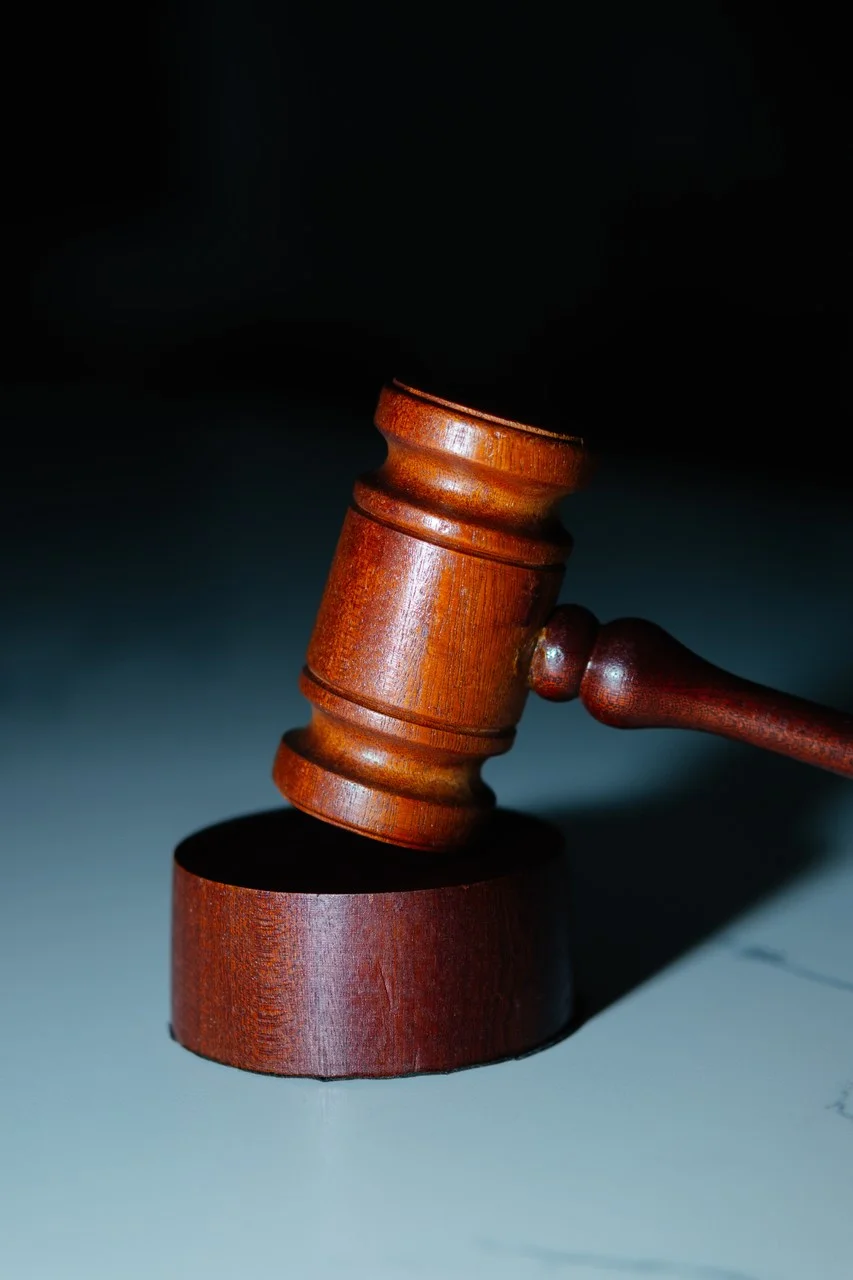Understanding the Role of Punitive Damages in South Carolina Personal Injury Cases

In personal injury cases, victims often seek compensation for medical expenses, lost wages, and pain and suffering. However, there is another type of damage that can come into play: punitive damages. Understanding how punitive damages work in South Carolina can help victims and their attorneys make informed decisions about their cases. This blog post will explain the role of punitive damages, how they differ from other types of damages, and the conditions under which they may be awarded.
What Are Punitive Damages?
Punitive damages represent an additional form of financial compensation awarded beyond standard compensatory damages, which are meant to cover direct losses such as medical expenses, lost wages, and other immediate costs stemming from the incident. While compensatory damages aim to make the victim “whole” by restoring their financial situation, punitive damages are specifically designed to penalize the defendant for particularly egregious, reckless, or harmful conduct. This type of award serves both as a consequence for the defendant’s actions and as a broader deterrent, discouraging similar behavior by others in the future.
Key Characteristics of Punitive Damages
- Purpose: Punitive damages serve to penalize the defendant for particularly wrongful conduct and act as a deterrent to discourage similar behavior by others. Unlike compensatory damages, which are intended to cover the victim’s losses, punitive damages focus on the reprehensibility of the defendant’s actions and aim to reinforce social standards of acceptable conduct.
- Severity of Conduct: Punitive damages are generally reserved for cases where the defendant’s actions are deemed highly reckless, malicious, or deliberate. Examples include cases of fraud, gross negligence, or intentional infliction of harm, where the defendant’s conduct goes beyond ordinary carelessness.
- Amount: The size of punitive damages can differ significantly from case to case and is usually determined by the court or jury. Factors influencing the award include the gravity of the defendant’s misconduct and their financial ability to pay, ensuring the penalty is both meaningful and proportional.
Legal Standards for Awarding Punitive Damages in South Carolina
In South Carolina, the award of punitive damages is governed by specific legal standards. To be eligible for punitive damages, the plaintiff must prove the following:
- Clear and Convincing Evidence: The plaintiff must provide clear and convincing evidence that the defendant acted with a deliberate intent to harm or with extreme disregard for the safety of others. This standard is higher than the “preponderance of the evidence” required for compensatory damages.
- Conduct: The defendant’s conduct must be shown to be more than just negligent. It must be characterized by recklessness, fraud, or malice. Simple carelessness or ordinary negligence typically does not meet the threshold for punitive damages.
- Separate Award: Punitive damages are awarded separately from compensatory damages. The jury or court will determine the amount based on the evidence presented and the defendant’s conduct.
Limitations and Caps on Punitive Damages
In South Carolina, punitive damages are subject to certain constraints aimed at preventing overly large or disproportionate awards:
- Statutory Caps: As of 2024, South Carolina law does not impose a fixed statutory cap on punitive damages. Nevertheless, courts retain the discretion to limit awards, ensuring punitive damages are proportionate to the severity of the defendant’s actions and the extent of harm caused.
- Constitutional Constraints: Courts may also apply constitutional limits to punitive damages to safeguard due process rights. This ensures punitive awards are reasonable and proportionate, reflecting both the defendant’s conduct and financial circumstances, while preventing awards that would be considered excessive or unfair.
How Punitive Damages Are Determined
The determination of punitive damages involves several steps:
- Evidence Presentation: The plaintiff’s attorney must present evidence of the defendant’s wrongful conduct and its severity. This can include testimony, documents, and other evidence demonstrating the intent or recklessness of the defendant.
- Jury or Judge Decision: In many cases, the decision to award punitive damages is made by a jury. The jury will consider the evidence and determine whether punitive damages are appropriate and, if so, the amount to be awarded. In some cases, the judge may decide on punitive damages.
- Review and Appeal: Awarded punitive damages can be subject to review and appeal. The defendant may challenge the amount or the decision to award punitive damages, arguing that it is excessive or not supported by the evidence.
Conclusion
Punitive damages play a crucial role in South Carolina personal injury cases by addressing particularly harmful conduct and serving as a deterrent for future misconduct. While they are not intended to compensate victims directly, they can significantly impact the outcome of a case and the behavior of defendants. If you believe that your case may involve punitive damages, consulting with an experienced personal injury attorney can help you understand your options and navigate the legal process effectively.
